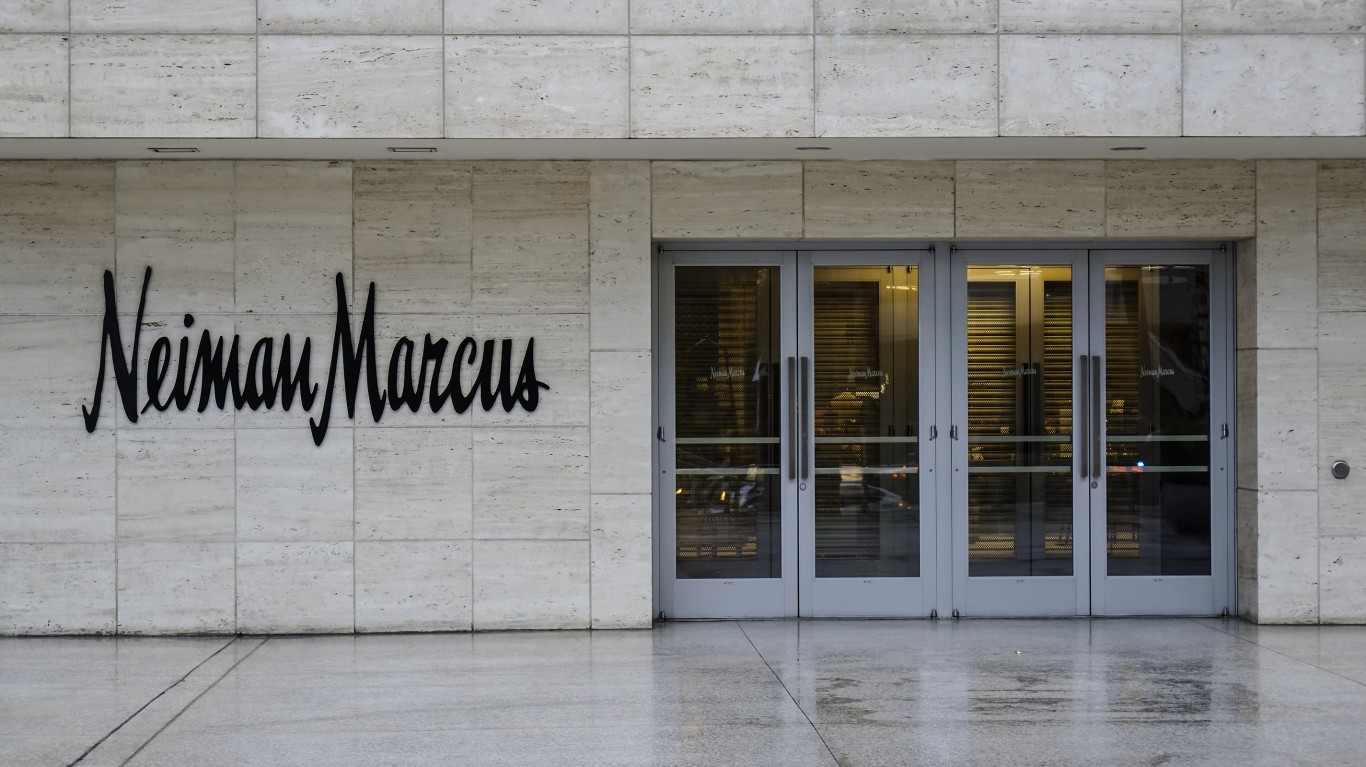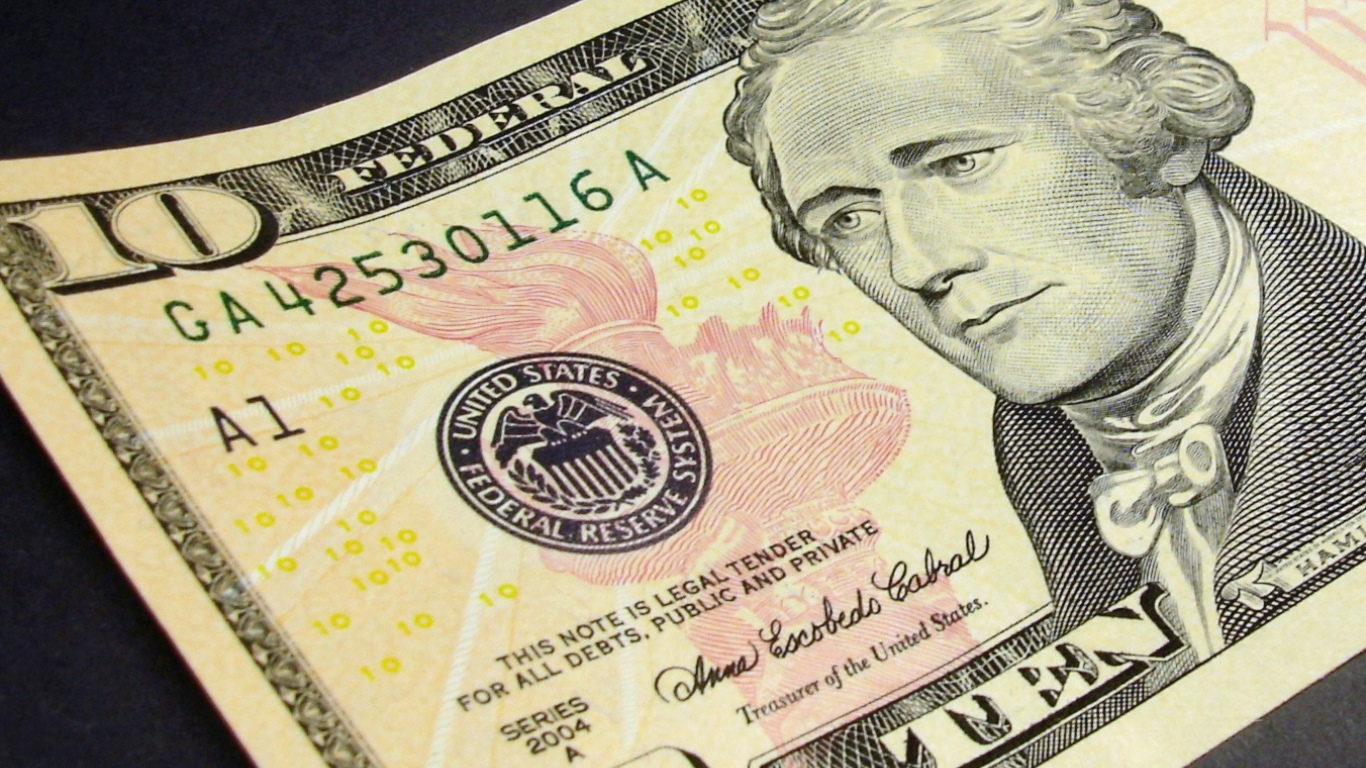
Another retail destination has announced that it is seeking bankruptcy protection as a result of the COVID-19 pandemic’s instant recession. Luxury retailer Neiman Marcus has entered into voluntary and prearranged Chapter 11 proceedings in order to implement a Restructuring Support Agreement.
While bankruptcy always sounds like the stores are being closed and will disappear, Neiman Marcus has noted that these efforts will help to support continued operations as the company navigates through the pandemic and beyond as the economy begins to reopen. Also, the writing was on the wall that this was coming.
Neiman Marcus Group has secured debtor-in-possession (DIP) financing of $675 million from creditors to enable business continuity throughout proceedings. The Chapter 11 proceedings were filed in the U.S. Bankruptcy Court for the Southern District of Texas, Houston Division.
On top of the $675 million in DIP financing, the same creditors have additionally committed to a $750 million exit financing package, which is intended to refinance fully the DIP financing and will provide additional liquidity for the future business.
Neiman Marcus’s planned capital structure after exiting bankruptcy was described as “long dated with no near-term maturities and to eliminate approximately $4 billion of its existing debt.” The transaction is being supported by existing shareholders and by the creditors participating in the Restructuring Support Agreement to become the majority owners of the future Neiman Marcus.
As the company looks to shed most of the $4 billion in debt, that debt dates back to 2013 when Ares Management and the Canada Pension Plan Investment Board acquired the company. It is very common to see private-equity-backed companies take on debt after transactions of that sort, and voluntary or prearranged Chapter 11 bankruptcy packages are a common method used for companies to keep operating and to emerge healthier.
The company currently expects to emerge from the bankruptcy process in early fall of 2020. Current temporary store closures of some Neiman Marcus, Bergdorf Goodman and Last Call locations also have been extended through May 31. Employee furloughs and temporary salary reductions have been put into effect for a large portion of its staff through at least May 31, and Neiman Marcus noted that there is a potential to either extend or shorten that time based on COVID-19 developments.
Geoffroy van Raemdonck, board chair and chief executive officer of Neiman Marcus, made a long statement in the restructuring announcement. This is what matters the most for current and future finances of the company:
The binding agreement from our creditors gives us additional liquidity to operate the business during the pandemic and the financial flexibility to accelerate our transformation. We will emerge a far stronger company. In a world that is changing, we are uniquely positioned to give our brand partners access to our loyal luxury customers like no other company. We will deliver that through the strength of our associate relationships and digital solutions.
Neiman Marcus is not the first retailer to enter into bankruptcy protection in this recession. It likely will not be the last. Retailer J.Crew already has filed, and many reports indicate that J.C. Penney Co. Inc. (NYSE: JCP) is on the edge after years and years of dwindling trends, and hundreds of thousands of jobs are at-risk among the nation’s troubled large apparel retail locations.
100 Million Americans Are Missing This Crucial Retirement Tool
The thought of burdening your family with a financial disaster is most Americans’ nightmare. However, recent studies show that over 100 million Americans still don’t have proper life insurance in the event they pass away.
Life insurance can bring peace of mind – ensuring your loved ones are safeguarded against unforeseen expenses and debts. With premiums often lower than expected and a variety of plans tailored to different life stages and health conditions, securing a policy is more accessible than ever.
A quick, no-obligation quote can provide valuable insight into what’s available and what might best suit your family’s needs. Life insurance is a simple step you can take today to help secure peace of mind for your loved ones tomorrow.
Click here to learn how to get a quote in just a few minutes.
Thank you for reading! Have some feedback for us?
Contact the 24/7 Wall St. editorial team.
 24/7 Wall St.
24/7 Wall St.


